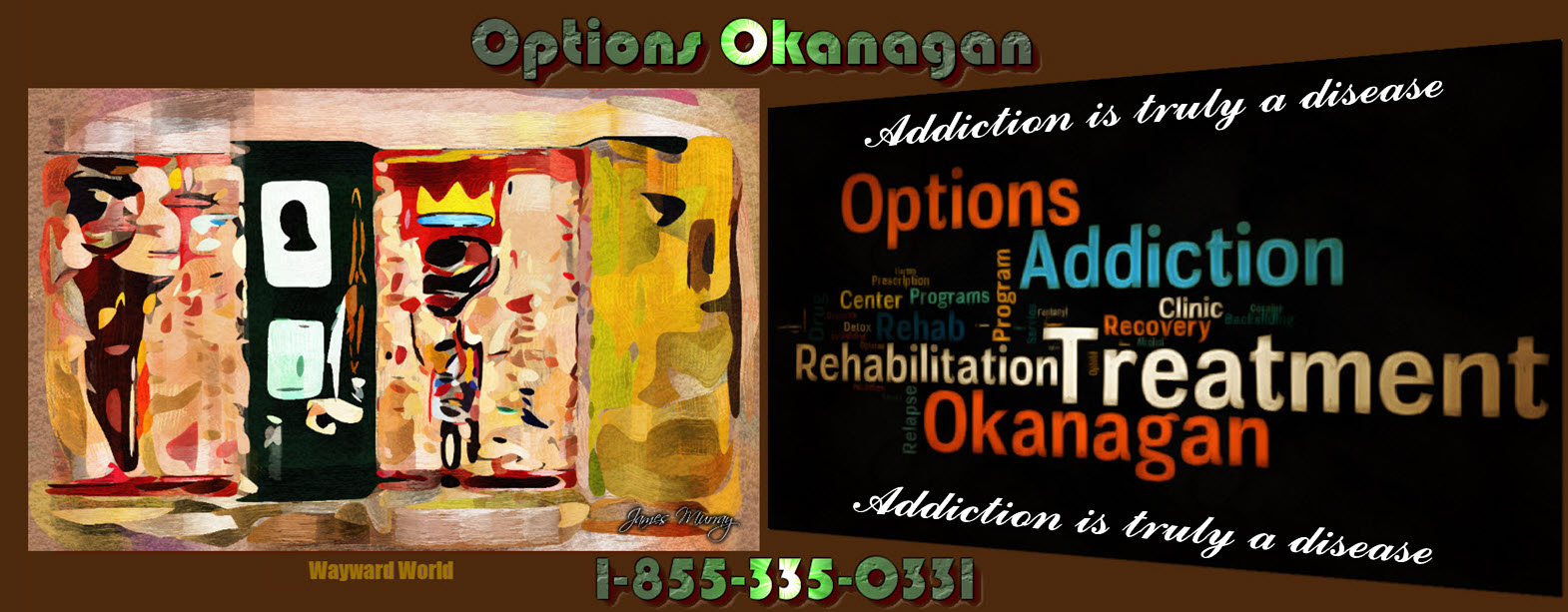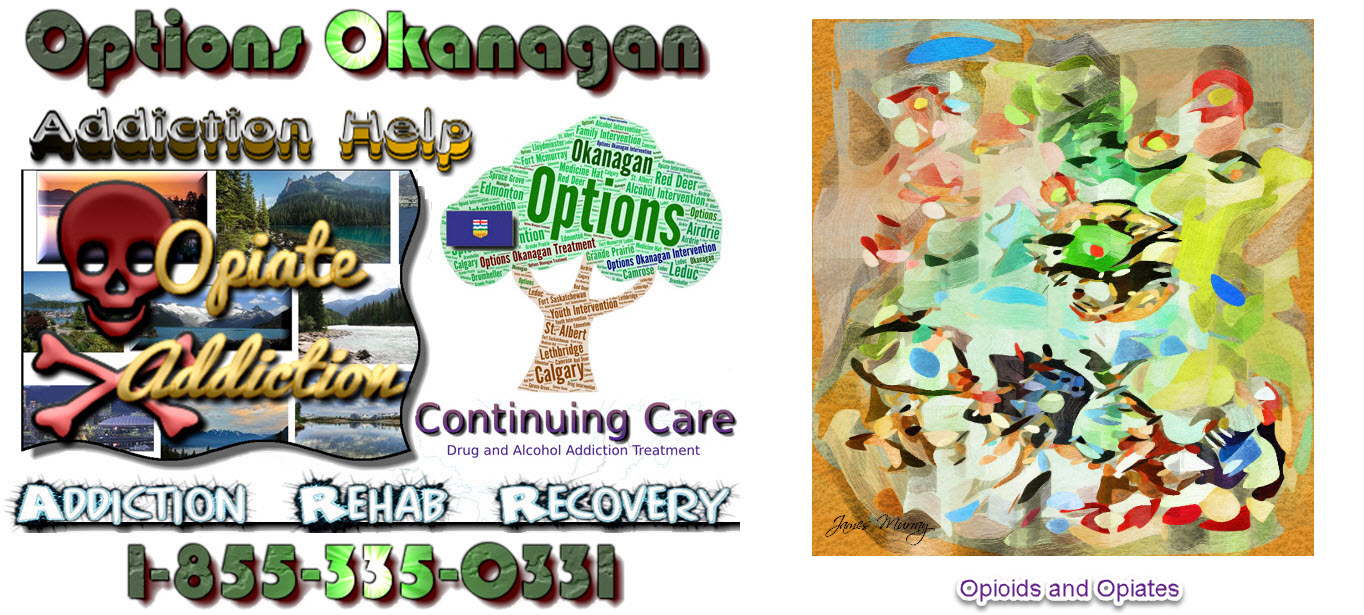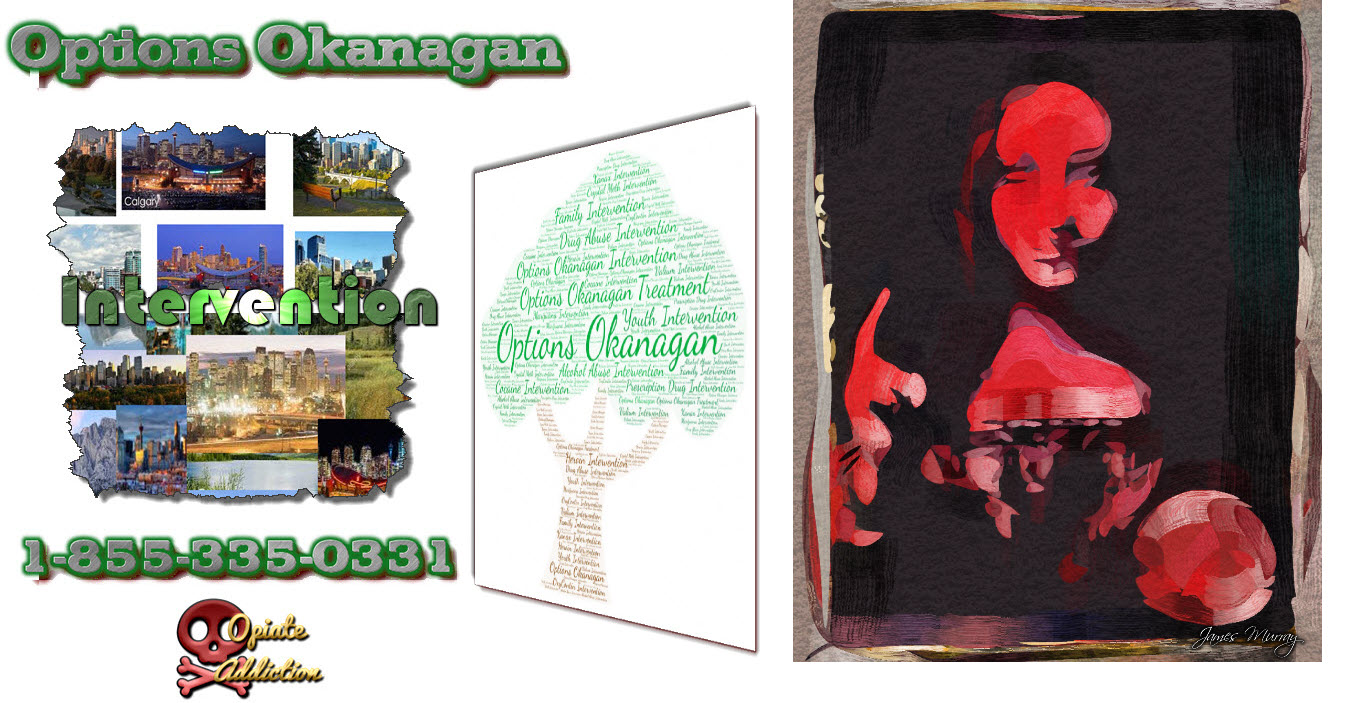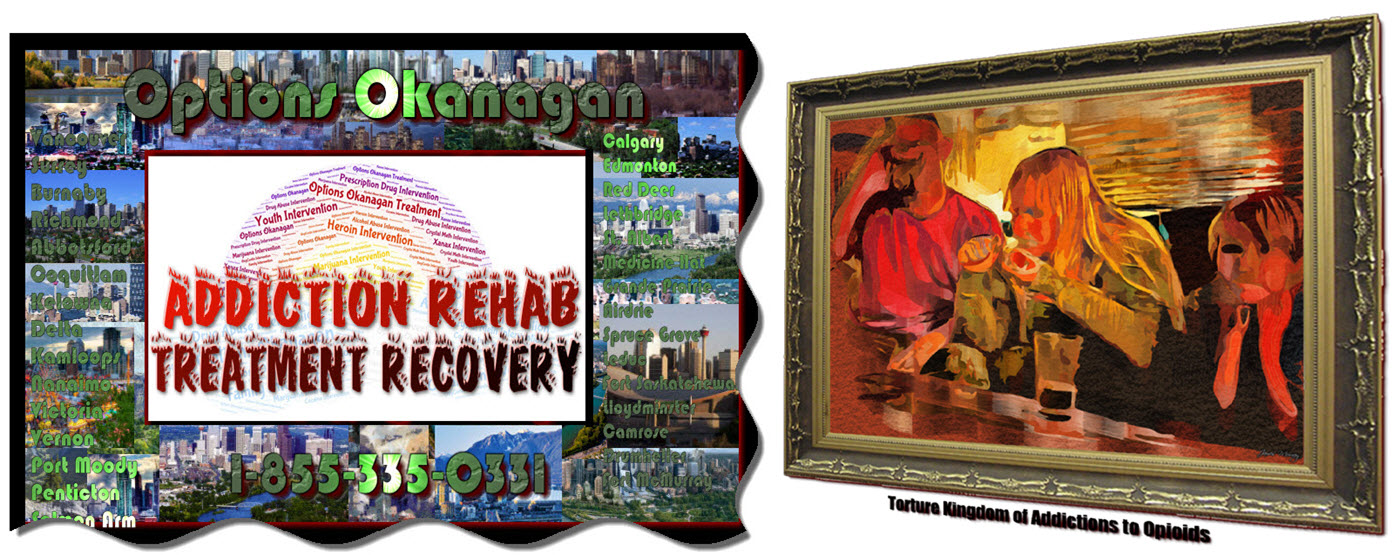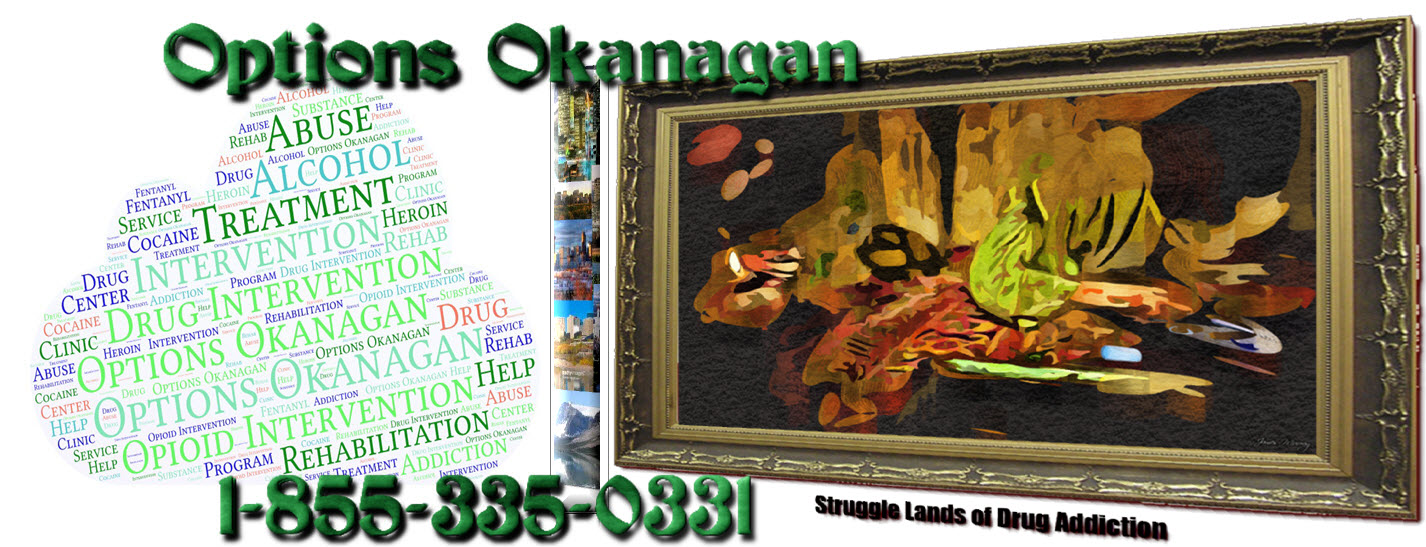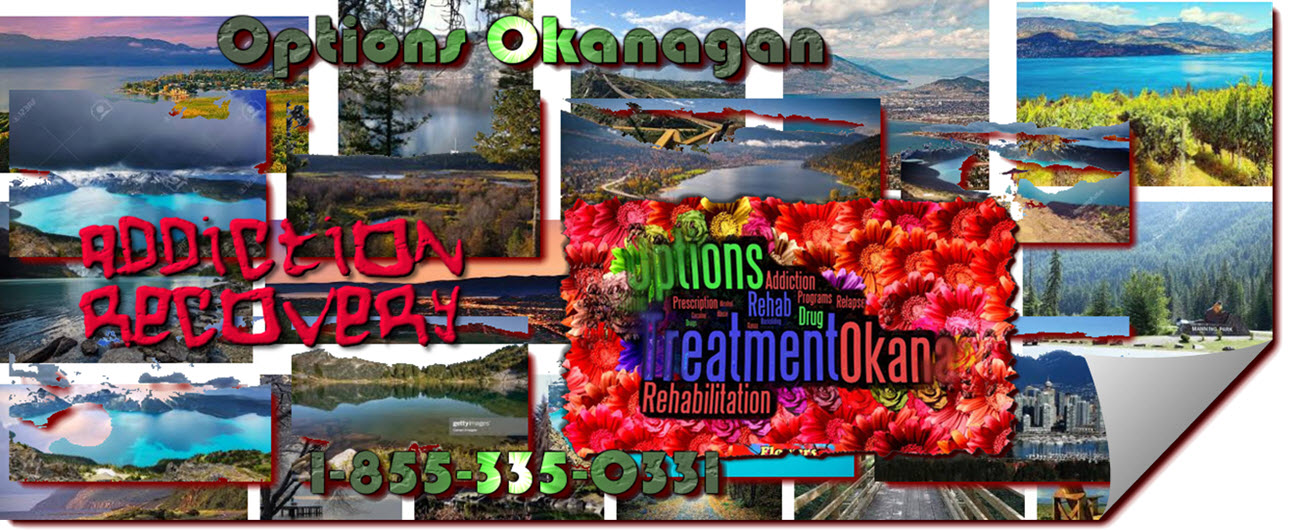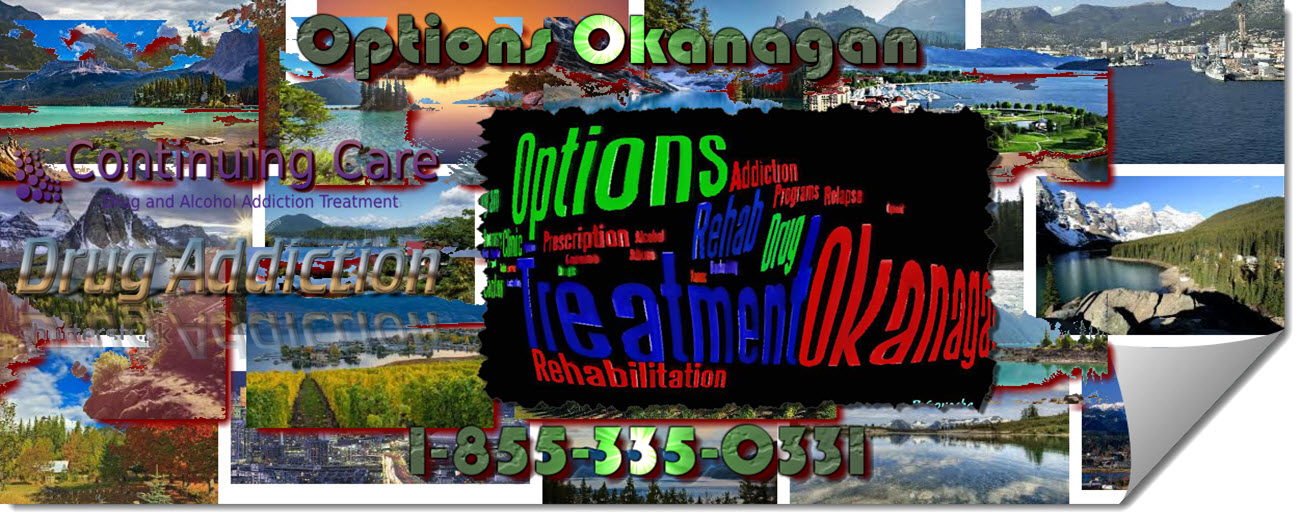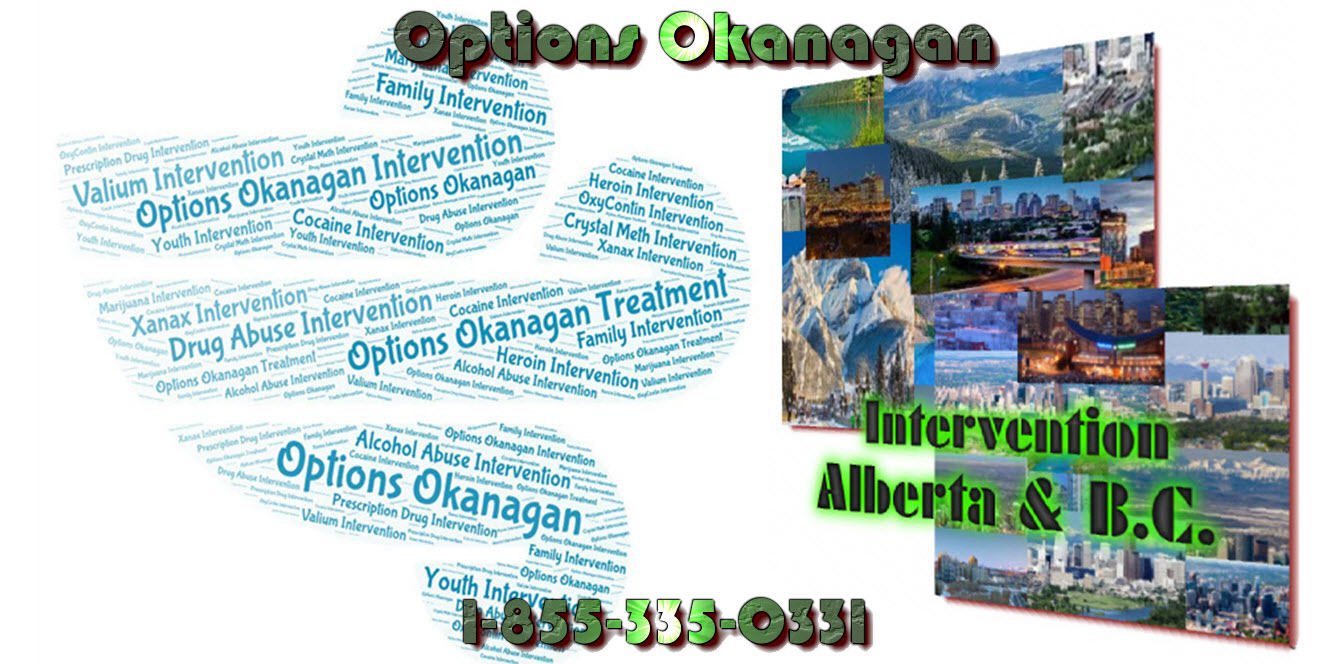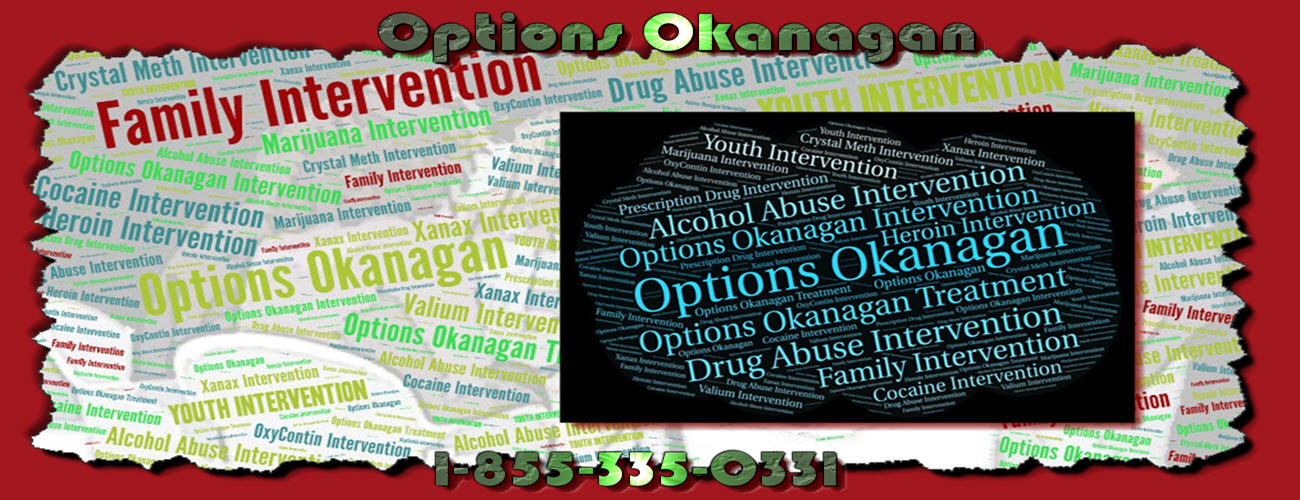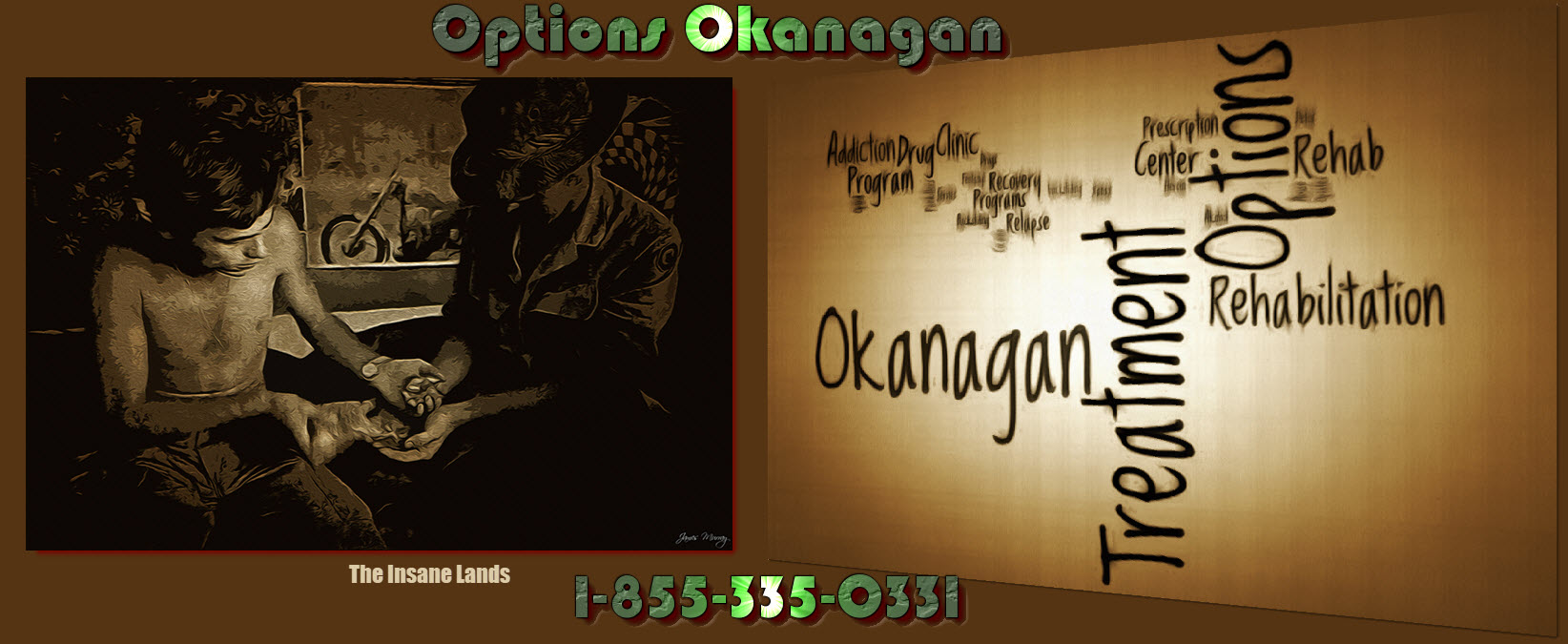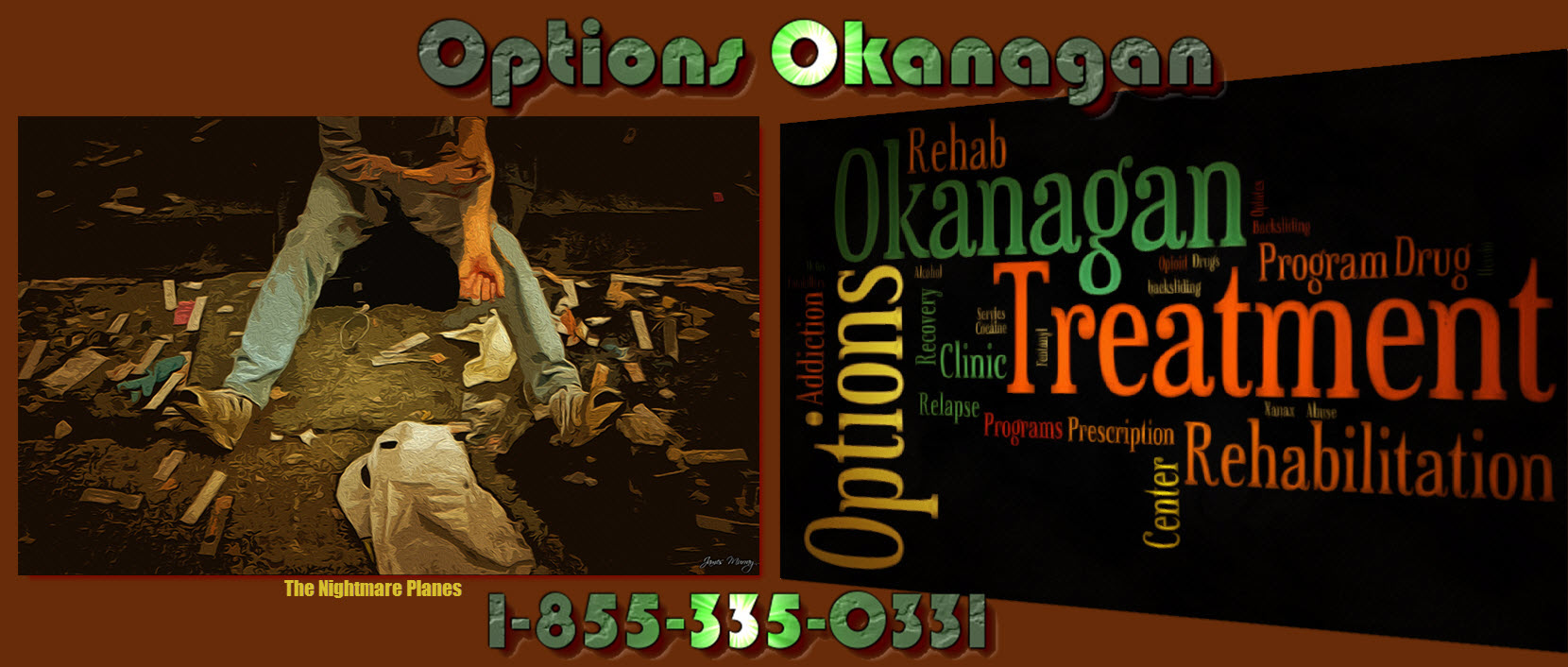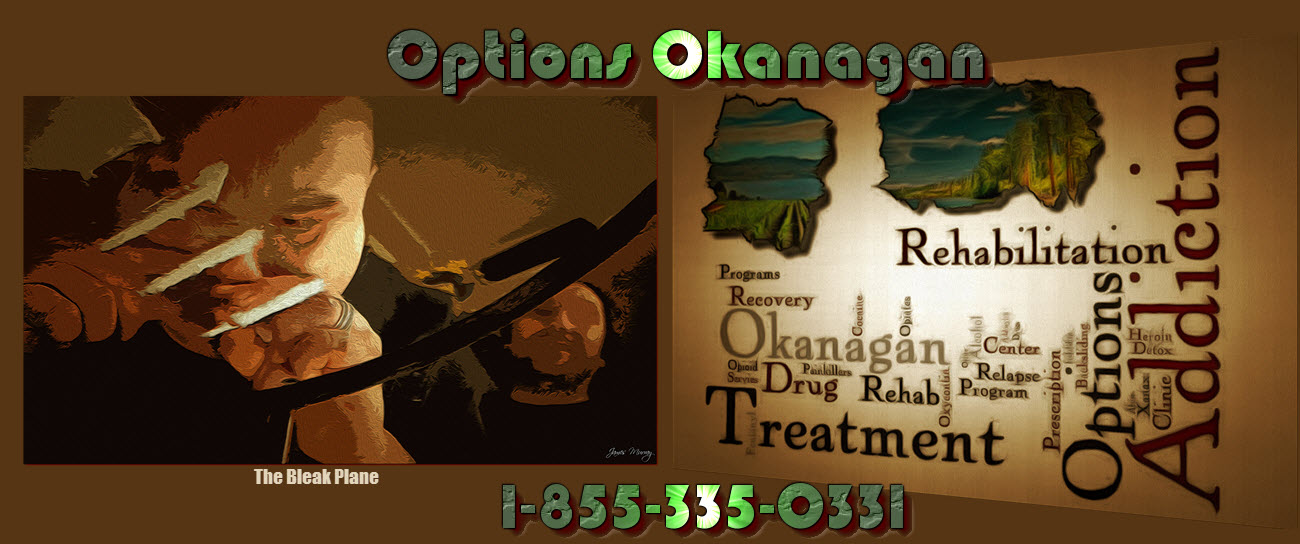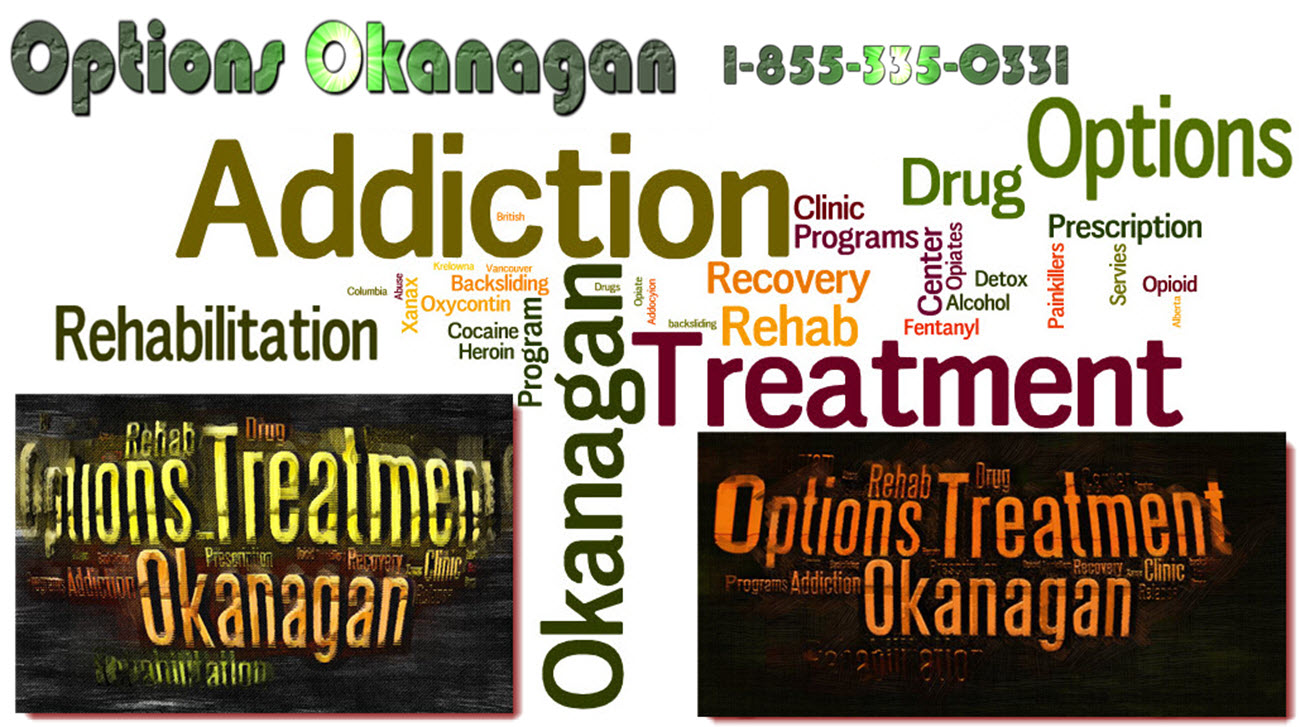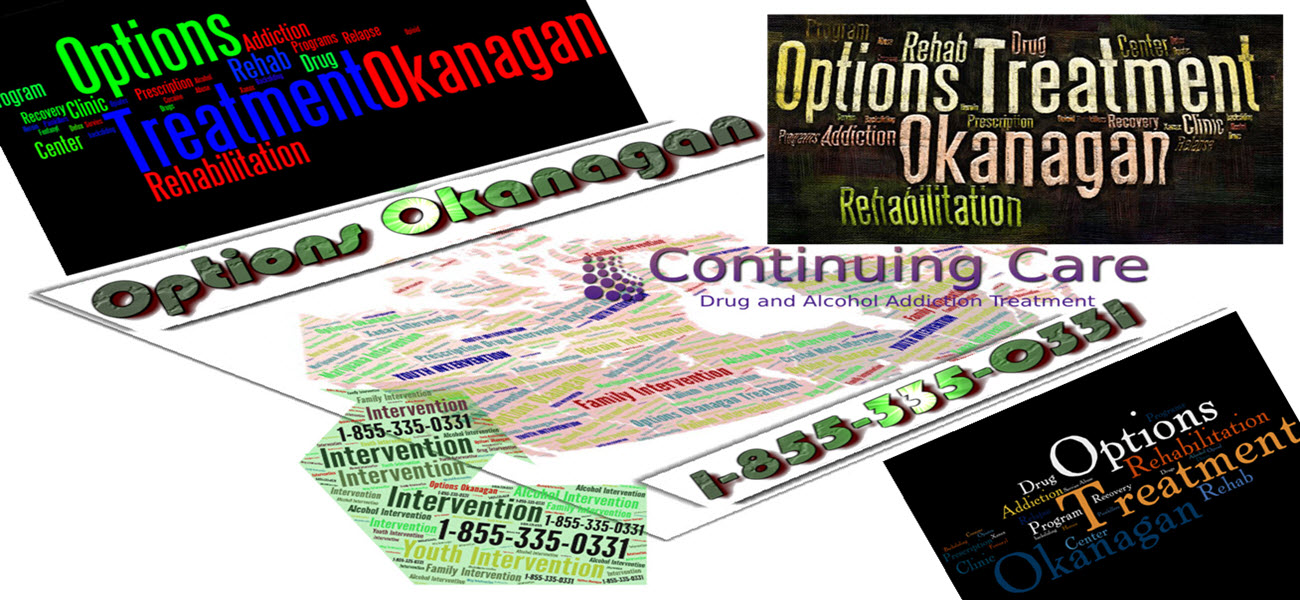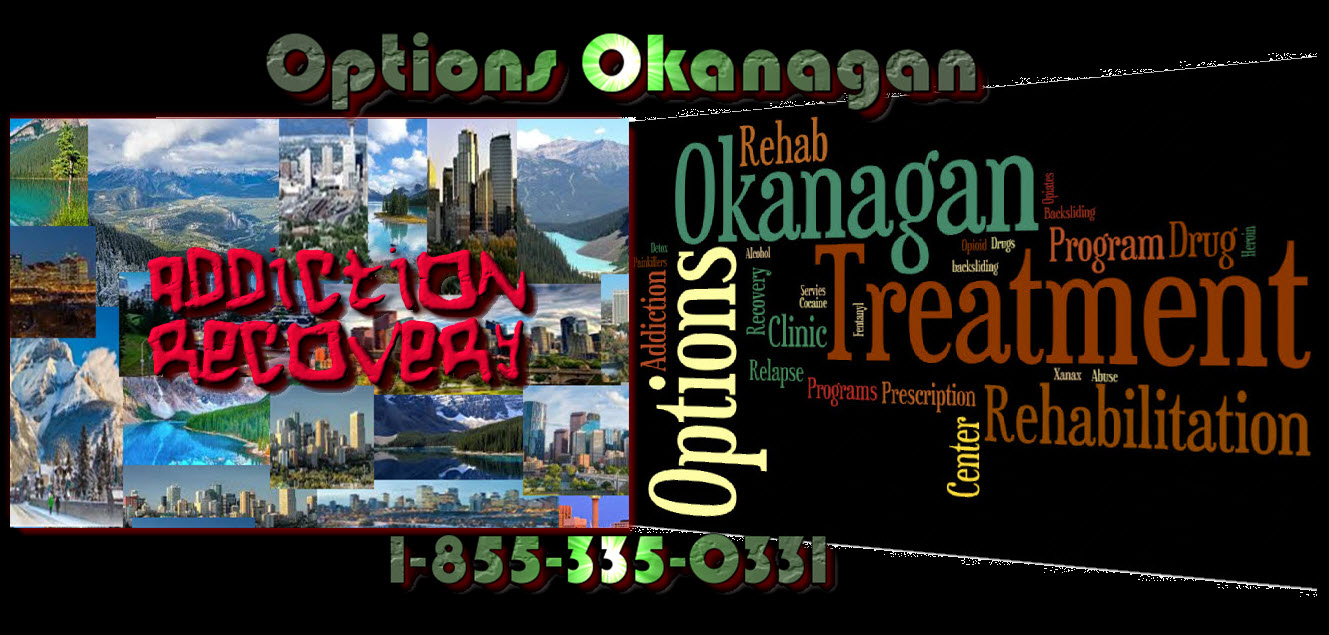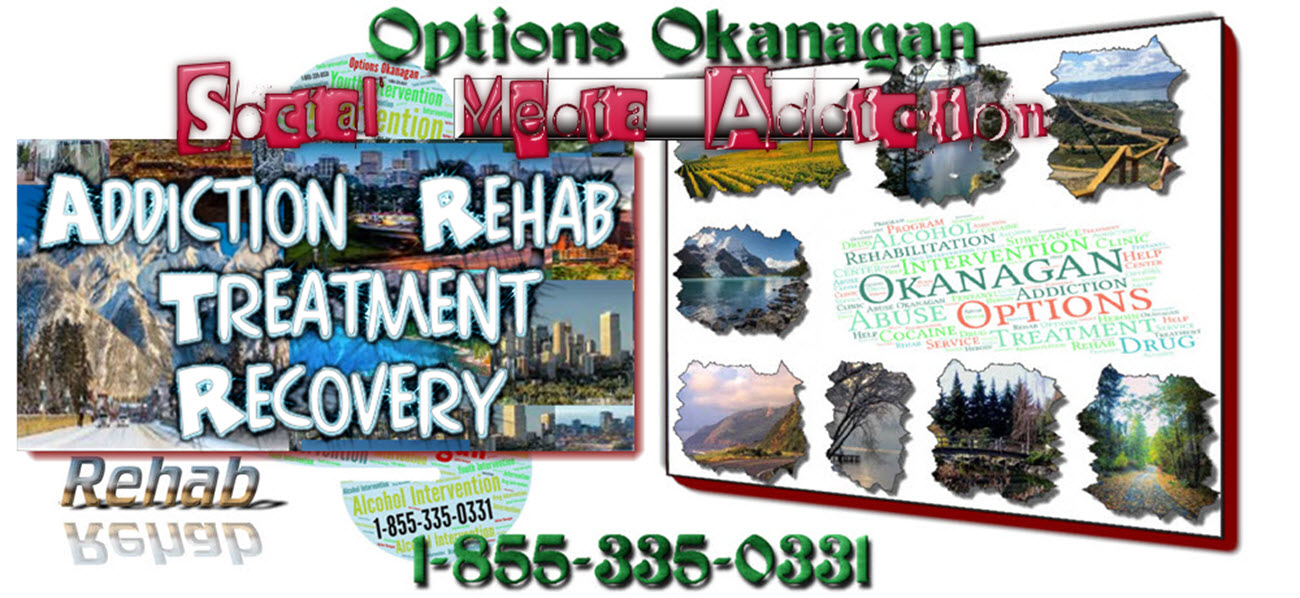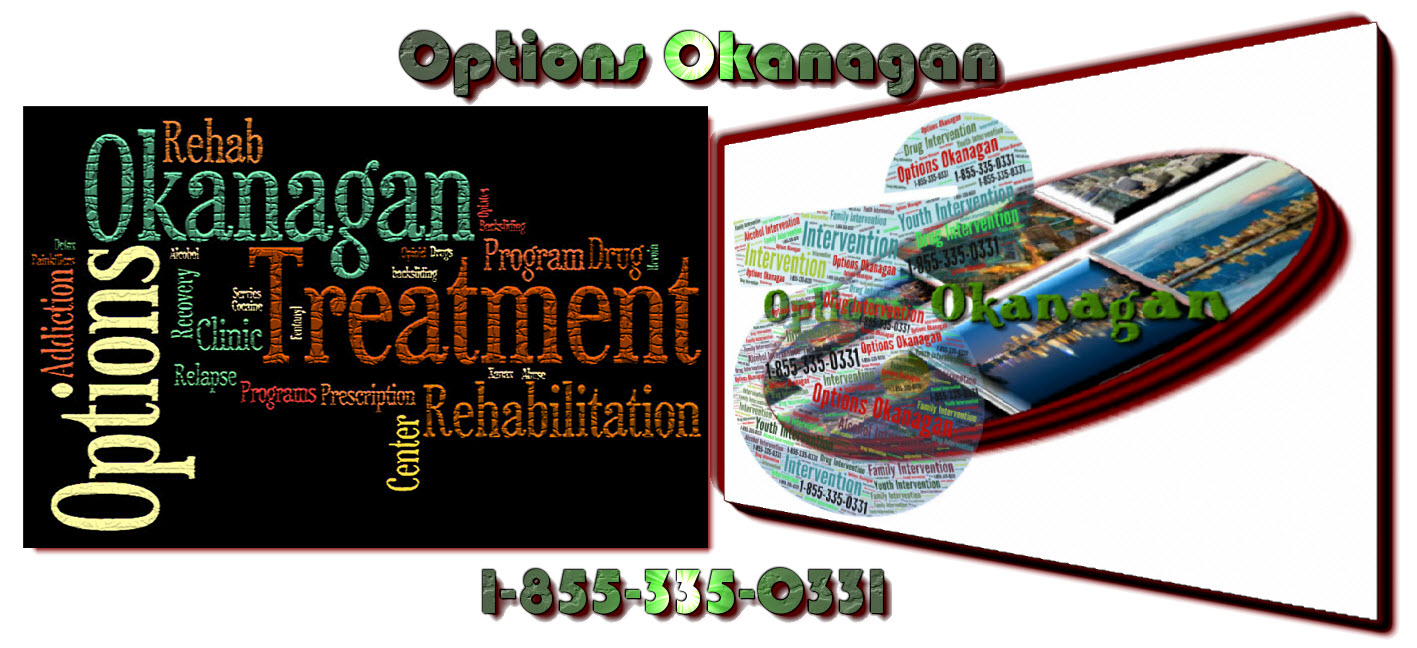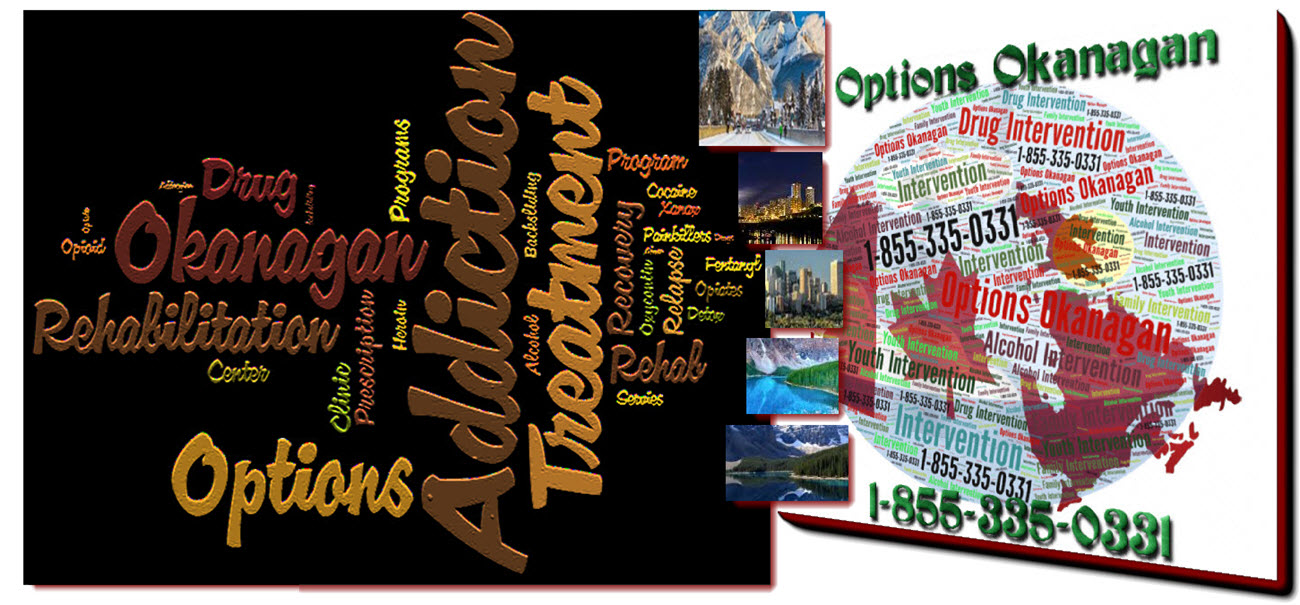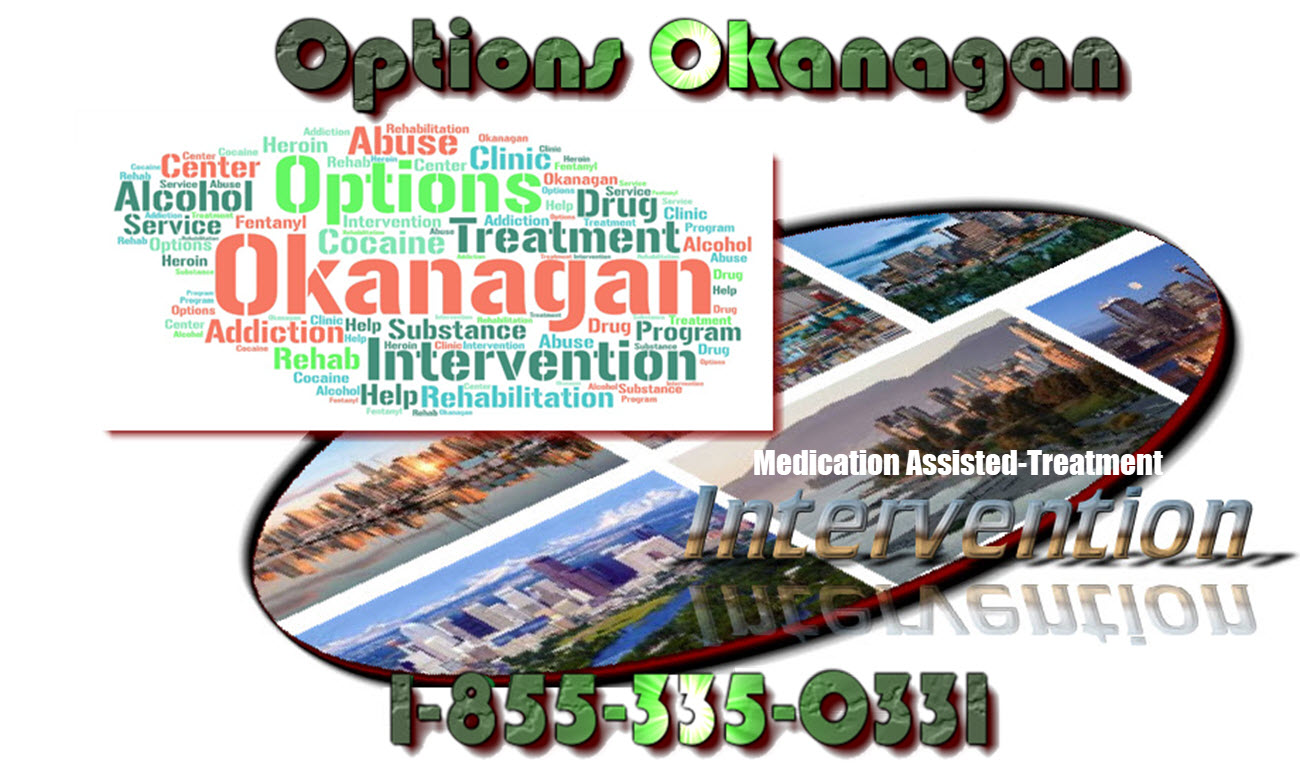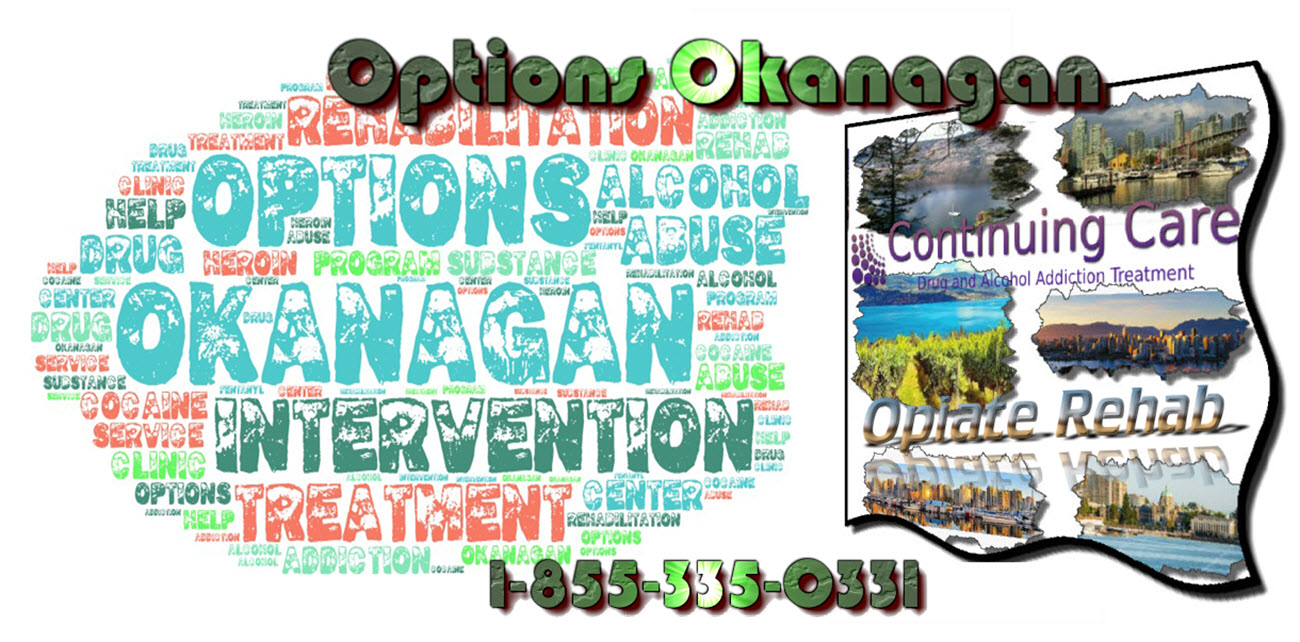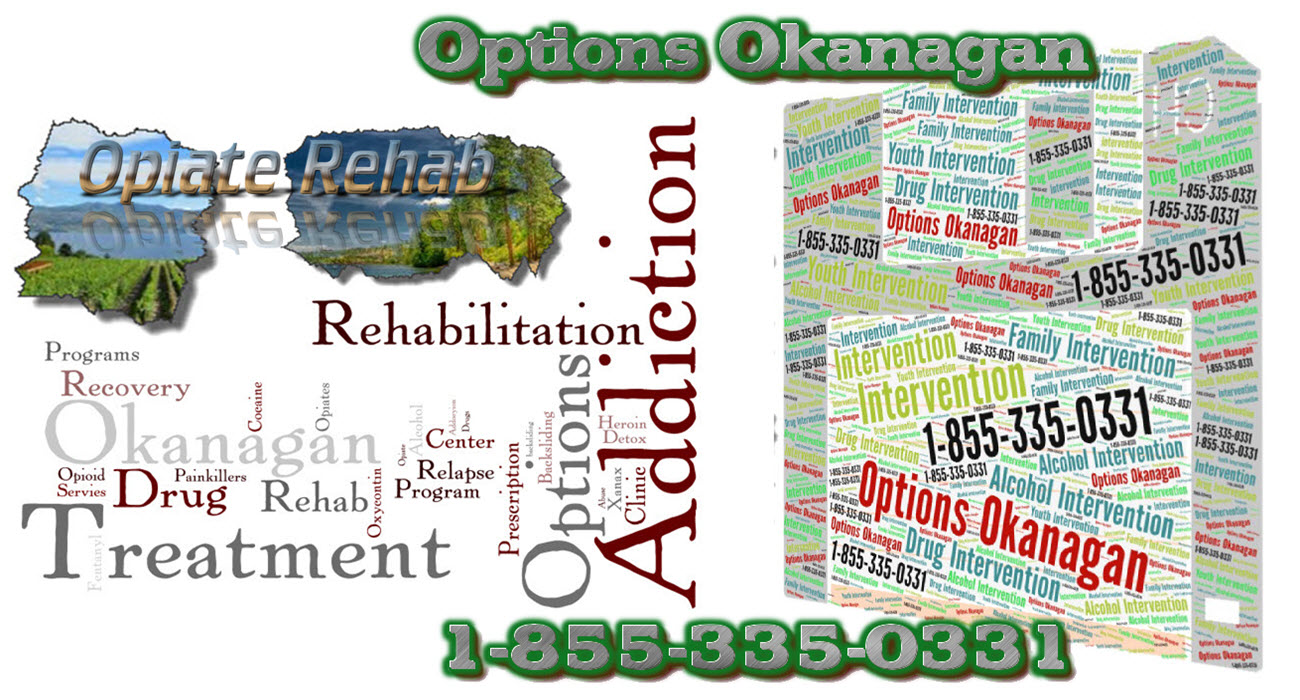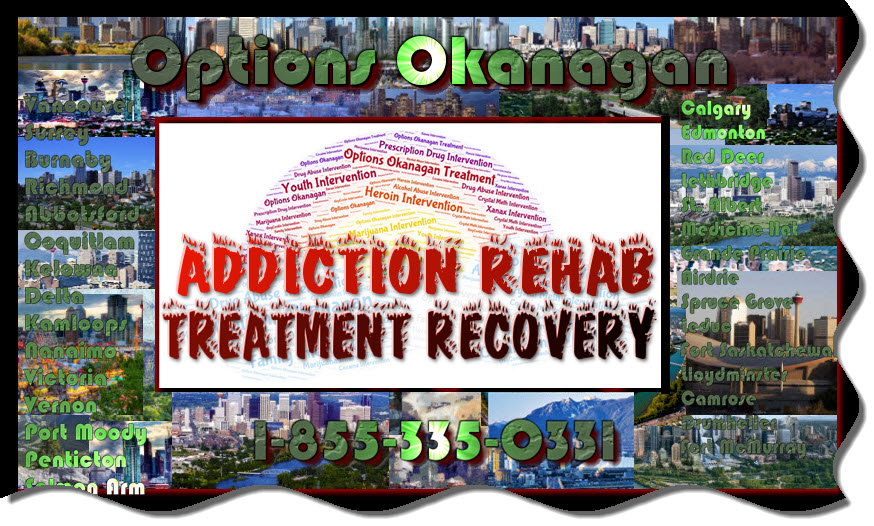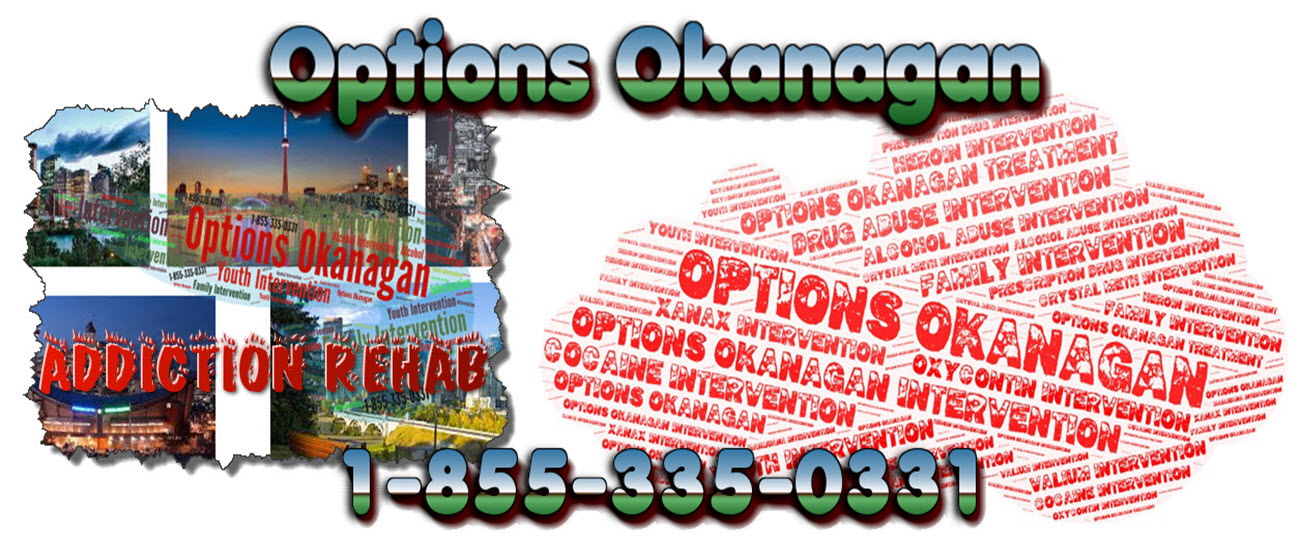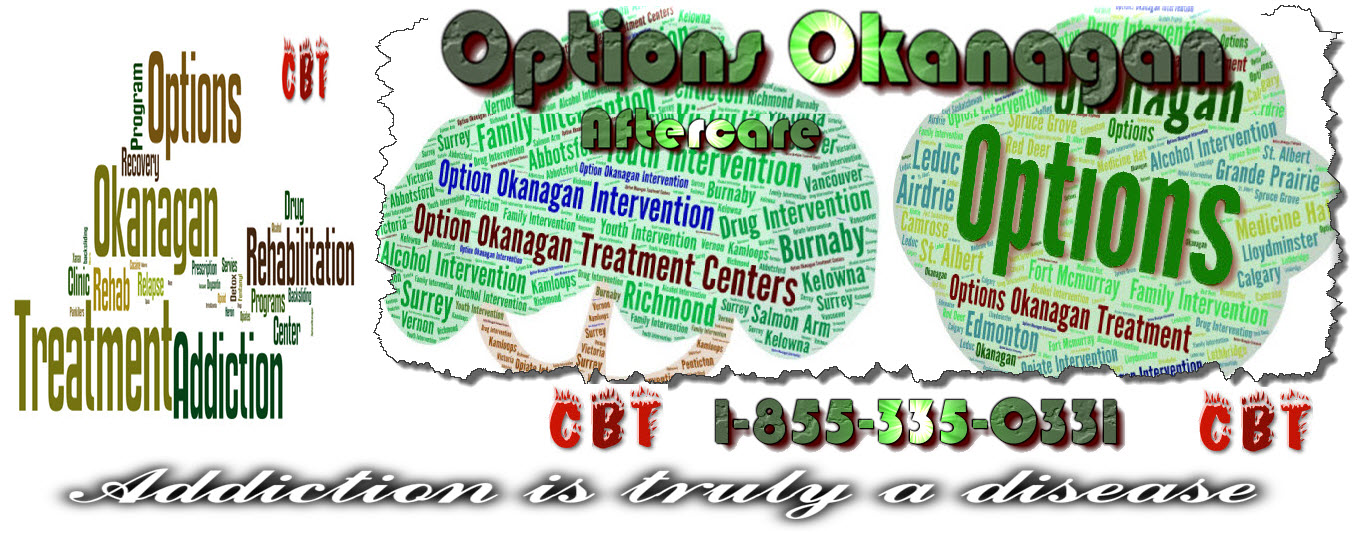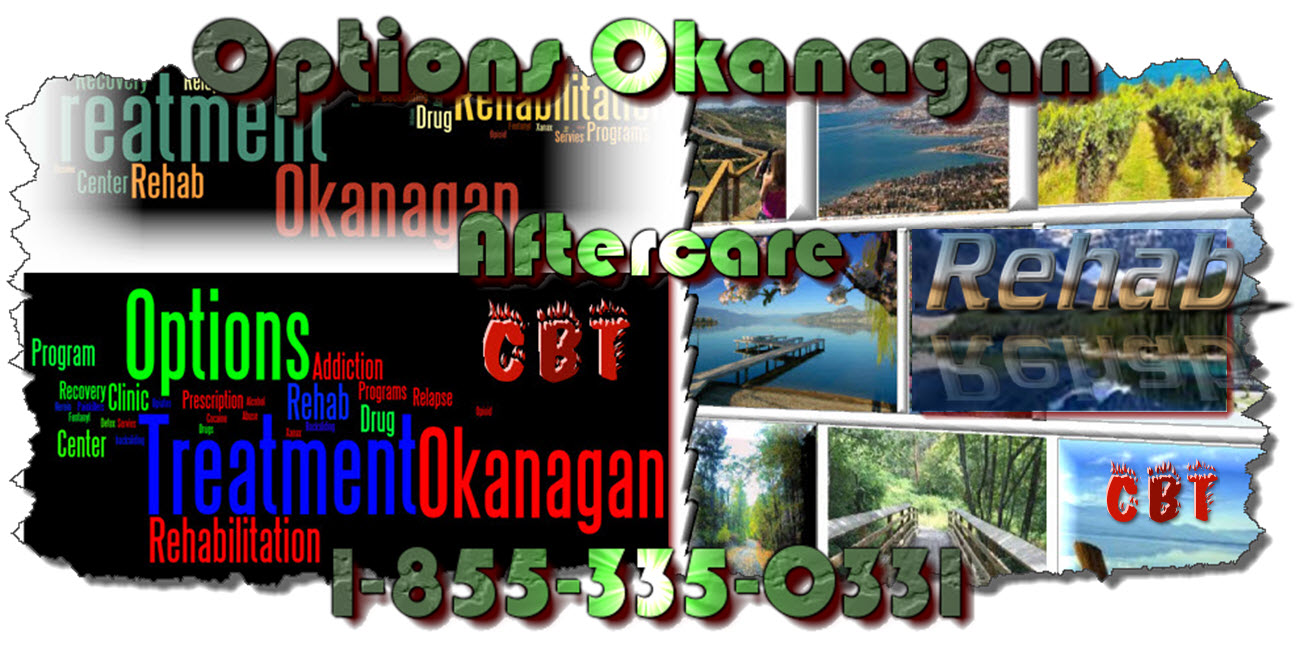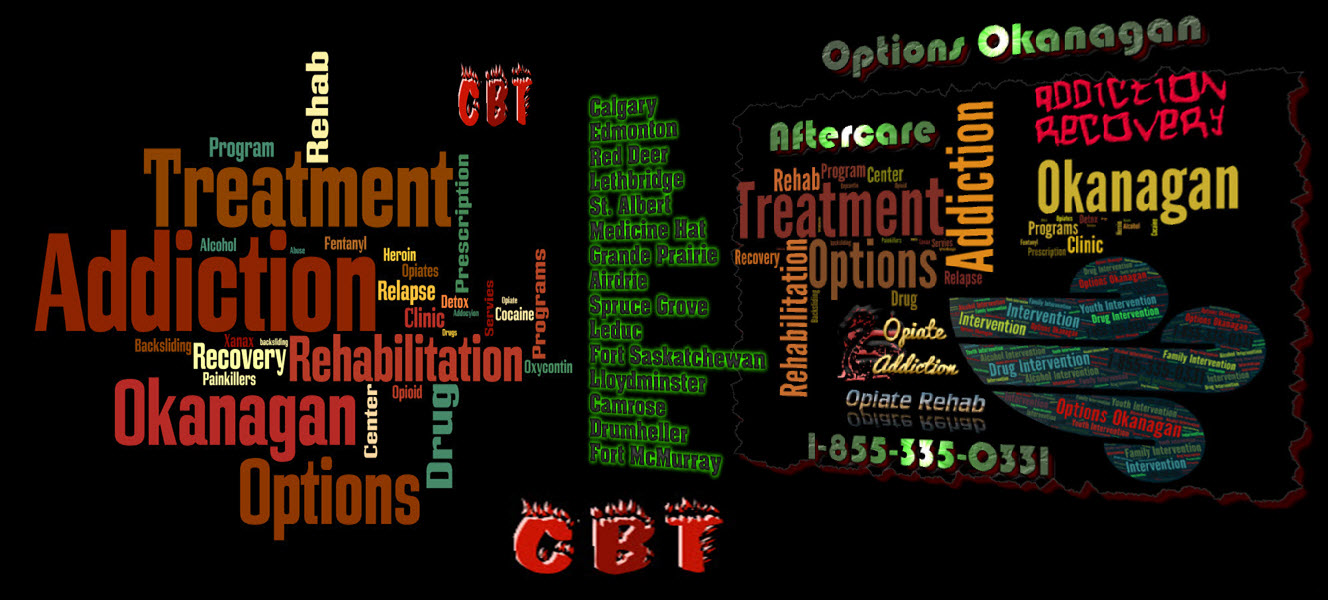Real facts about drugs and teenagers – Drug opiate and alcohol addictions – Drug Rehab Programs for recovering addicts in British Columbia and Alberta – Options Treatment Center in Kelowna, British Columbia treating drug, opioid, opiate, fentanyl, heroin, and alcohol addiction and recovery.
Drug Rehab In Alberta And BC
Many adults are concerned about the frequency with which teenagers in Canada the United States abuse and use drugs today. Young people have been experimenting with drugs for a long time. However, with the many dangers and risks associated with drug use, adults need to understand the facts. The facts surrounding youth drug abuse can seem surprising to people who are not aware of the problem. However, they are very real and must be faced in order to understand the scale of this serious problem.
What drugs are abused by teenagers?
The variety of drugs available to teens today is incredible. Although teenagers have long been eager to experiment with various mind-altering substances, the types of drugs that have been available in the past have been much more limited. Today’s youth have access to much more. What makes this situation even more dangerous is that drug dealers and manufacturers are less conscientious, more creative, and don’t always sell pure substances.
Drug statistics show that teens primarily smoke marijuana while consuming the illegal substance. Others have experimented with drinking alcohol, but marijuana is the rule among drugs. Measured statistics show that marijuana is used by nearly fifty percent of high school graduates. The harassment started early. About 15 percent of all eighth-graders have tried marijuana at least once. The favorite drug of more than 10 percent of high school students is synthetic marijuana, with less than 10 percent using hallucinogens such as LSD. Another popular drug is ecstasy, while the drugs most rarely used by teenagers are heroin, crack, and cocaine.
Are Prescription Drugs Abused by Teens?
Prescription drug abuse by people of all ages, including teenagers, is a new and worsening problem. Substance abuse statistics show that ADHD medications are very popular with students. Drugs are used to help students stay focused and awake while studying. Another serious problem is prescription pain medication. Medications are often prescribed as pain relievers and are available to teens. They are dangerous because of the possibility of overdose, their addictive nature, and their side effects. More teens die from using prescription drugs alone than from combining heroin and cocaine.
Where do young people get drugs from?
Alcohol and drug statistics are useful for showing how young people gain access to controlled and illegal substances. The majority of students can find a variety of drugs right in the school they attend. More than 60 percent of teens said they were aware of drug use and storage in their school. More than 60 percent of students said they could get prescription drugs from either a family member or friend. Over the last decade, prescription drugs have become increasingly popular due to their easy accessibility. Both adults and teens are prescribed pain relievers and ADHD medications, which make those medications available.
While the facts about youth abuse are troubling, it’s important to know them. All adults, and especially parents, need to know what is happening to drugs and youth. If you have a teenager, discuss with them the risks and dangers of substance abuse to help them avoid harm.
Options Okanagan Opiate and Alcohol Treatment Centers in Kelowna, Salmon Arm and Vancouver, British Columbia – Men and Women are recovering and healing from Alcohol and Drug Abuse at our treatment center here in the Okanagan right now.
Our unique and distinctive Opiate Drug and Alcohol treatment program allow men and women to come in from Calgary as well as Edmonton as we offer airport pickup.
Numerous clients come to us from Vancouver, Calgary, and Edmonton and other locations in Alberta and even other provinces for Opiate addiction treatment, heroin drug treatment, many other drug and alcohol addictions for rehabilitation because of the uniqueness of our treatment center.
Our (Kelowna ) Alcohol and Drug Treatment Program Location:
(Not Mailing Address) Contact Us – Web Page
For Mail Delivery :: Please contact each center for correct mailing addresses, also this location is the location of our residential treatment programs in Kelowna. Please call Toll Free 1-855-335-0331 to contact the treatment center you are going to for the address and directions.
Options Okanagan Drug and Opiate Treatment Center
551 Sherrydale Crescent, Kelowna, British Columbia, V1V 2E6
Toll-Free Phone Number: 1-855-335-0331

